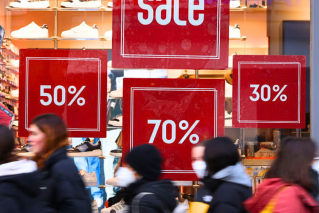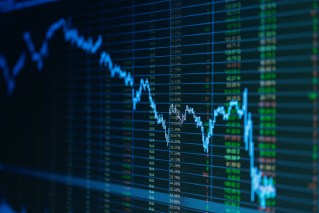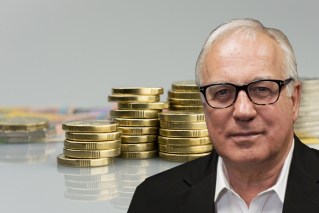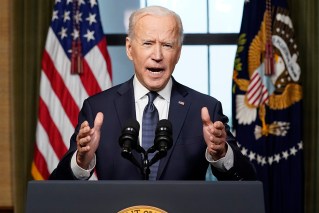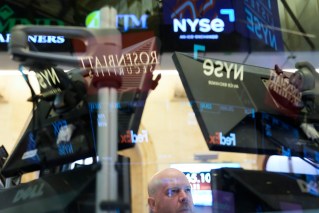Fears grow for retiree incomes as banks pressured to cut dividends

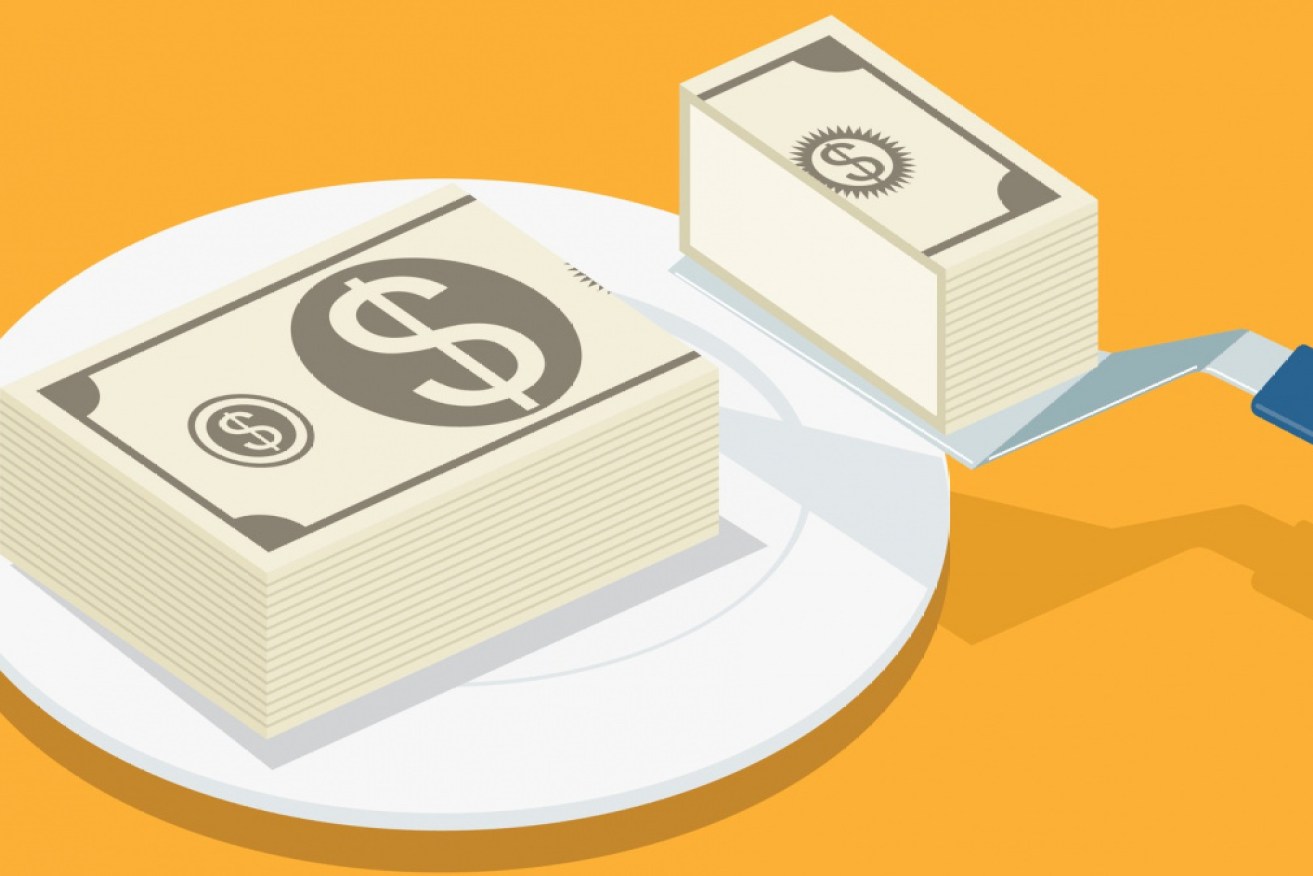
Large dividends form a sizeable part of retiree incomes, but could put businesses at risk. Photo: Getty
Australian banks face mounting pressure to cut dividend payments amid the coronavirus pandemic, in a move that could leave a million retirees in dire straits.
Regulators in New Zealand and the UK have moved to suspend bank payouts so they have more cash on hand to support customers and the economy in general.
And prudential regulator APRA last week took the unusual step of writing a letter, urging banks to take a cautious approach to managing dividend payout.
AMP Capital’s Australian equities portfolio manager Dermot Ryan has since predicted the big four banks will “at least halve” their dividends on the previous year.
Such a cut would be welcomed by many academics, but National Seniors’ chief advocate Ian Henschke warned The New Daily hundreds of thousands of retirees will be left without an adequate income stream.
“Many older Australians use those dividends to pay for the things in life that are essential,” he said, adding that it’s not only wealthy retirees drawing an income from the sharemarket.
“Some use this money to top up their part-pensions, and even full pensioners sometimes own shares,” he said.
“It might surprise some people, but Australians are great shareholders.”
All in all, Mr Henschke said close to one million older Australians stand to lose money if banks cut their dividends.
Crisis highlights ‘weakness’ in pension system
That so many retirees could lose their main source of income shows Australia’s retirement system is flawed, Mr Henschke said.
As the coronavirus pandemic continues to batter the economy, government should turn its eye to reforms that better protect older Australians in times of turmoil.
Specifically, Mr Henschke said, the federal government should consider scrapping asset and income threshold tests and introduce a universal pension with a redesigned tax scheme for additional income.
“Then these people who have no income would be able to be on a pension at the moment, and whatever income they get in addition to that they would pay tax on,” he said.
New Zealand and Canada both employ this type of pension system, Mr Henschke said.
“In Australia, we have a system where a lot of people don’t pay tax, but the system isn’t going to work very well if we have pension poverty, which we do have a lot of,” he said.
Tweet from @ecb
Businesses ‘over-revving’ dividend payouts
Maintaining or suspending dividend payments won’t just affect retirees, though.
RMIT school of management’s Warren Staples and Andrew Linden said that maintaining dividend payments presents a major risk to businesses given the economic uncertainty facing Australia.
Mr Linden, who is a sessional lecturer with the university, told The New Daily banks and other large ASX-listed companies have been “over-revving the engine” for the past 30 years, paying dividends well above what most businesses outside Australia would pay.
- Michael Pascoe: Why the mantra of ‘shareholder value’ is undermining our resilience in the face of COVID-19
“They’ve been sucking the liquidity out of their businesses primarily to return as much to shareholders as is humanly possible,” he said.
“If it’s raining dividends, shareholders aren’t going to complain … If it’s all sunshine, no one’s asking where the sunshine is coming from.”
Many businesses borrowed extensively to finance dividend payouts and share buybacks for the past 30 years, especially since the end of the global financial crisis, Mr Linden said.
Now those same businesses face an uncertain future, and limiting their cash flow by “shovelling money out the door” to shareholders could leave them exposed to unexpected challenges they’re unable to meet.
And Mr Linden said that could lead to even more job losses and bankruptcies.


